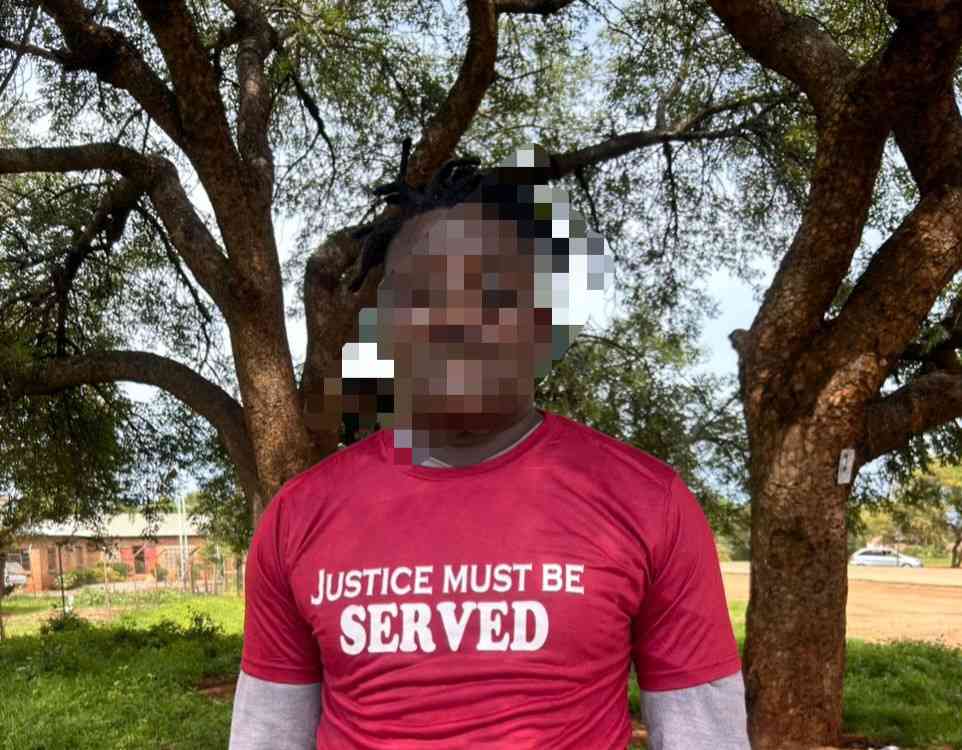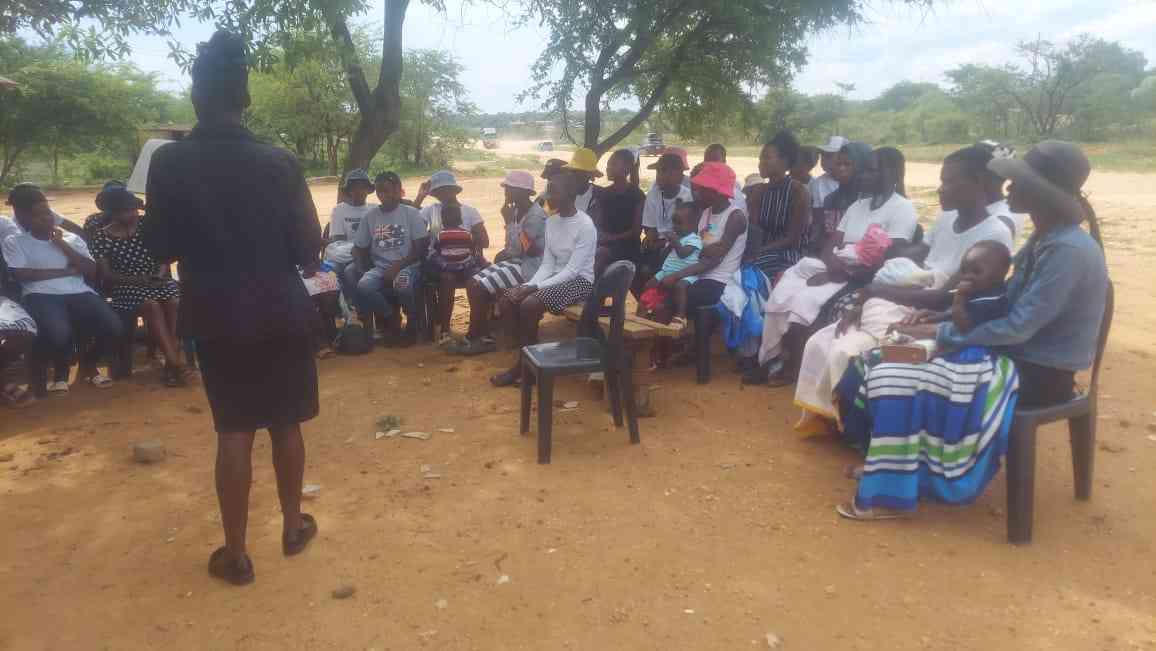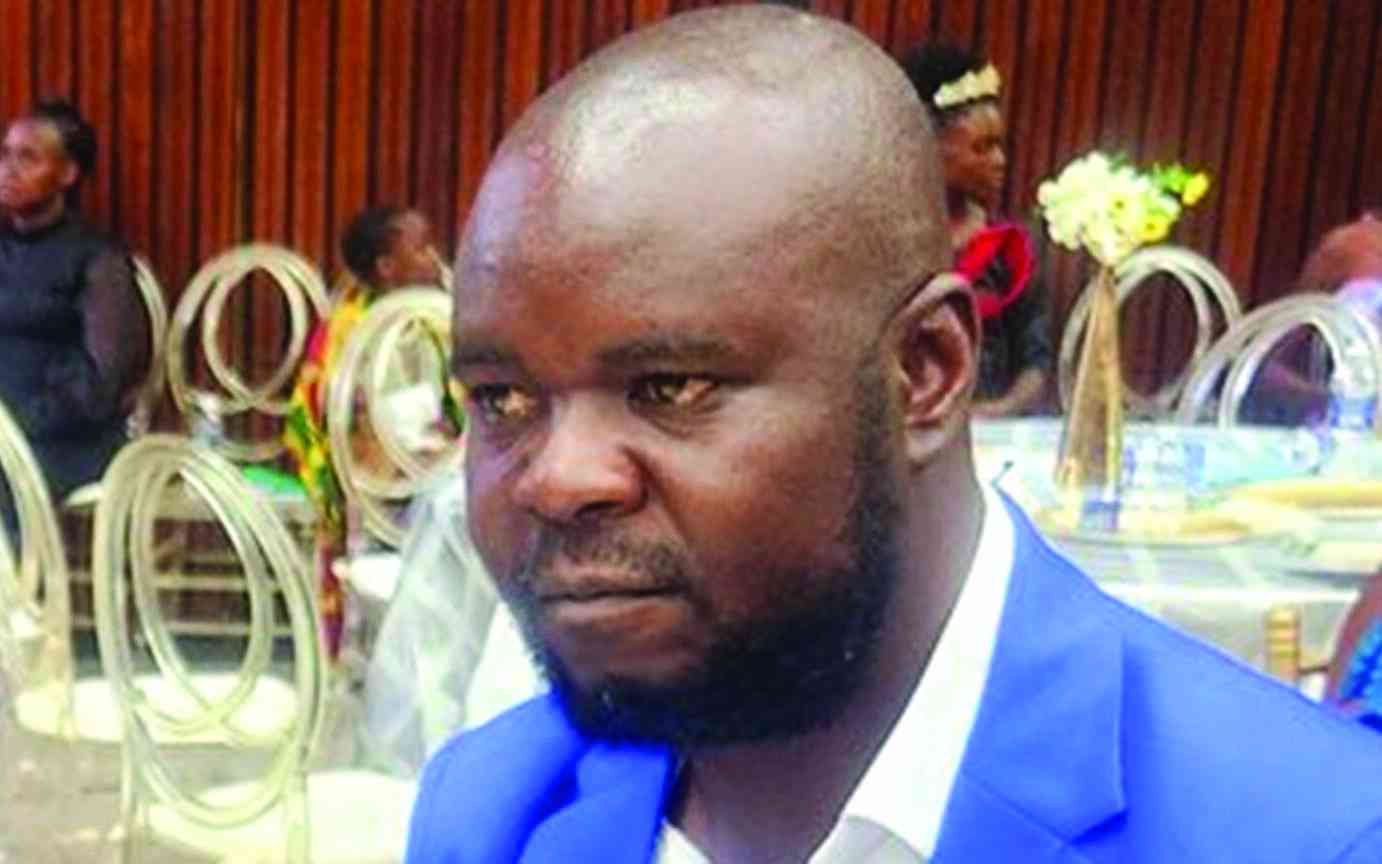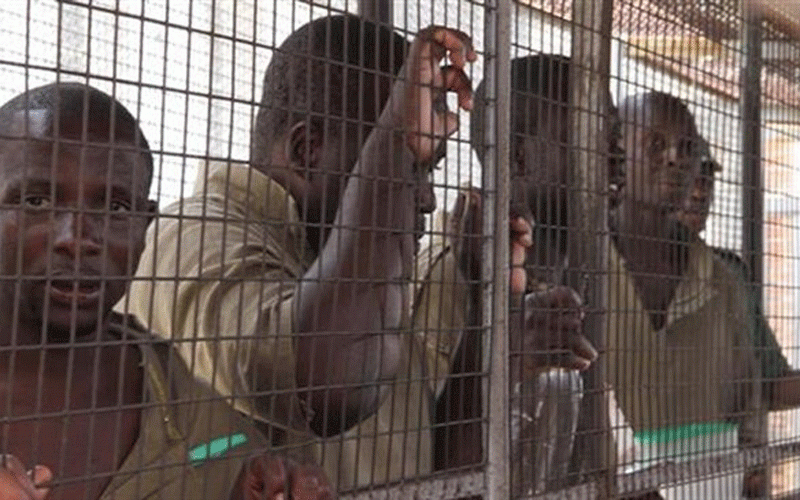
Zanu PF’s spirited attempts to introduce a law that will impose a death penalty on ‘unpatriotic’ Zimbabweans is an assault on human rights to freedom of assembly, association and expression analysts say.
President Emmerson Mnangagwa’s ruling party on May 31 moved a step closer to having the so-called Patriotic Bill come into law after Parliament passed the Criminal Law (Codification and Reform) Amendment Bill.
The bill that will now be debated by the Senate before it is sent to Mnangagwa for his signature seeks to introduce so-called patriotism provisions.
First gazetted in December 23, 2022, the proposed law seeks to criminalise Zimbabweans involved in actions that “undermine Zimbabwe’s sovereignty, dignity and independence”.
Some of the offences listed in the bill include “wilfully injuring the sovereignty and national interest of Zimbabwe”.
It also seeks to criminalise “participation by Zimbabweans in meetings inside and outside Zimbabwe on issues of military intervention, subverting/ upsetting/ overthrowing or overturning the constitutional government, or on economic sanctions and trade boycotts.”
The Zimbabwe Lawyers for Human Rights (ZLHR) said the bill was not going to pass the constitutional test if Mnangagwa goes ahead to sign it.
“Following a critical analysis of these provisions, ZLHR concluded that the provisions are vague, lack certainty, are imprecise, and are thus prone to abuse by law enforcement,” ZLHR said.
- Corruption Watch: Get scared, 2023 is coming
- Corruption Watch: Get scared, 2023 is coming
- Letters: Ensuring Africa’s food security through availability of quality seeds
- Is military's involvement in politics compatible with democracy?
Keep Reading
“The bill does not define “sovereignty” and “national interest”, which could be interpreted broadly and subjectively to criminalise the legitimate conduct of those asserting their freedom of expression.
“ZLHR is gravely concerned that the bill penalises citizens and residents for merely attending a meeting where sanctions are considered, whether the sanctions target any individual or official or class of individuals.
“The vague criminalisation of meetings between Zimbabwean citizens and foreign governments violates human rights to freedom of assembly, association and expression guaranteed in the constitution.
“Zimbabwe has also voluntarily agreed to be bound by numerous United Nations and African Union human rights instruments providing these rights.”
The group of lawyers said if the bill becomes law it would be used to silence civil society organisations and other government critics.
Zanu PF legislators early this year also passed the controversial Private Voluntary Organisations (PVO) Amendment Bill, which was condemned by United Nations experts saying it would severely restrict civic space and right to freedom of association in the country.
Mnangagwa is yet to sign the bill into law over three months after it was passed by the Senate.
ZLHR said the latest law targeting government critics will have the chilling effect of silencing Zimbabweans.
“Once enacted into law, these patriotism provisions will have extraterritorial application and criminalise participation by Zimbabweans in meetings held in other countries,” the lawyers added.
“This will have a chilling effect of silencing Zimbabwean civil society organisations’ international advocacy efforts to promote human rights protection in Zimbabwe.”
ZLHR added: “The right to participation of civil society organisations at regional and international meetings is guaranteed under international law.
“Of grave concern in the bill are the excessive penalties for wilfully injuring the sovereignty and national interest of Zimbabwe, which include the death penalty, lengthy imprisonment, revocation of citizenship, prohibition from being registered as a voter or voting at an election for a period of at least five years.”
Some of the penalties are manifestly unconstitutional, the lawyers said.
They argued that the death penalty can only be imposed on a person convicted of murder in aggravating circumstances, as provided for in section 48 of the constitution.
“The penalty of prohibition of registration as a voter or voting at an election violates political rights as provided for in section 67 of the constitution as read with paragraph 2 of the Fourth Schedule to the constitution, which provides for disqualification for registration as a voter only if a person has been convicted under the Electoral Act,” ZLHR said.
“Revocation of citizenship can only be done in terms of section 39 of the constitution of Zimbabwe, and conviction for so-called unpatriotic conduct is not a ground for revocation in terms of section 39 of the constitution.”
Meanwhile, Citizens Coalition for Change spokesperson Fadzayi Mahere described the bill as "dangerous and unconstitutional," and said ZanuPF is trying to gain an advantage in the August 23 general election.
“The bill violates sundry constitutional rights and freedoms including freedom of association, freedom of expression, political rights and others," Mahere said.
“Zanu-PF has reduced our great nation into an outpost of tyranny.
“They are clearly in panic mode as we approach an election and on an unbridled crusade to close the democratic space completely in Zimbabwe.”
Mahere said Zanu PF cannot win a free and fair election in Zimbabwe.
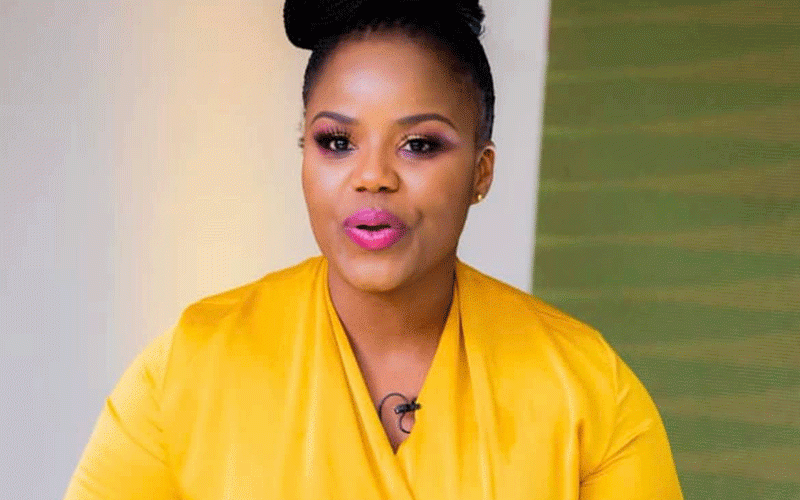
"So what we have seen is Zanu-PF retaliating with repressive legislation, with the weaponisation of the law.
“Frankly, no amount of panic despotism by Zanu-PF will stand in the way of change whose time has come," Mahere said..
Introducing the bill in parliament in December last year, Justice minister Ziyambi Ziyambi said the bill sought to prohibit private citizens from making false statements or undermining the country, or acting as self-appointed ambassadors meeting foreign officials to undermine national interests.
Musa Kika, a constitutional lawyer who heads the Zimbabwe Human Rights NGO Forum, said it will be unfortunate if Mnangagwa signed the bill into law.
"This is an unconstitutional law. It infringes on all sorts of civil and political rights that the constitution gives," Kika said.
"In my estimation, this bill is the most draconian law that we have seen in independent Zimbabwe.
“If this law is [passed and signed], obviously it will be challenged in the court of law.
“If not all of it, then the significant part of it because the bill is manifestly and patently unconstitutional."
Mnangagwa has been criticised for failing to keep his promises to return Zimbabwe to a democratic path after taking over from the late Robert Mugabe following a military coup in 2017.
Crisis in Zimbabwe Coalition spokesperson Obert Masaraure said Mnangagwa was worse than Mugabe.
“Mnangagwa has proven to be a worse dictator than Robert Mugabe and even one of the worst in the world,” Masaraure said.
“His eyes are on power retention, the term reform is thrown around to try and deceive the international community.
“We are now trapped in a hell-hole as Mnangagwa closes all democratic space.
“It's high time citizens come together and demand our Zimbabwe back.”
The 80-year-old ruler is accused of closing the democratic space as he pushes for a second full term, which should be his last in terms of the constitution.
He is facing a stiff challenge from CCC leader Nelson Chamisa in the August polls at a time the economy is in trouble due to rampaging inflation and a currency crisis.
A poll by a London-based public relations organisation, the SABI Strategy Group, that was commissioned by the South African Brenthurst Foundation late last year, said 53%of respondents said they would vote for the 45 year-old Chamisa while 40 %said they would vote for the incumbent.
An Afrobarometer survey in February this year said the opposition enjoyed a four point advantage (48%) over the ruling Zanu PF (44%) in voting preferences. —Additional reporting by VOA

